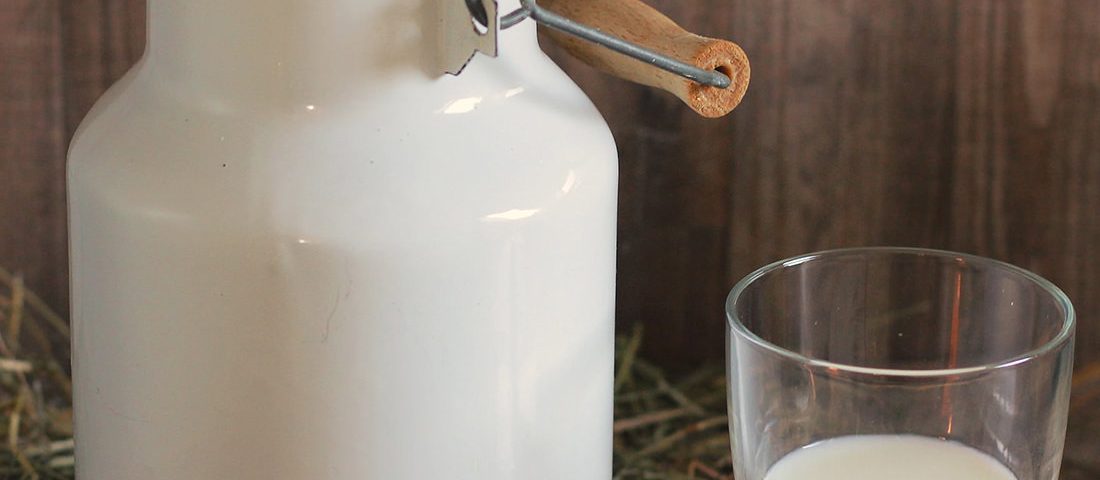
Milk quotas in the European Union will be abolished from 1 May. The quotas were introduced in 1984 to prevent significant overproduction in Europe, which would have led to a 25% decrease in producer prices. The quota system was efficient for a certain period although it prevented more dynamic milk producers in Northern Europe from increasing production efficiency. Smaller milk producers in the southern part of Europe were in favour of the quota system as it provided protection for smaller and less efficient farming enterprises. Political pressure from Northern Europe resulted in the decision to abolish quotas being taken in 2008 to be implemented in 2015.
The effect of quota abolishment will vary between different countries and different regions in the EU. Larger farms have the potential to increase production while it is not possible for smaller farmers, in particular, in mountainous areas. In total, it is estimated that milk production in the EU will increase by about 10 million tonnes to 2020, an increase in global milk production of less than 3%. This is marginal compared to the predicted growth in global demand of 2% per year. Long-term effects will therefore be minimal but short-term effect may be significant. Of particular concern to South Africa is the Irish dairy industry’s goal of increasing production by 50%. Even an increase of 25% in Irish production is concerning, in particular, if increased production is allocated to cheese production.
Published on Tuesday, 20th January 2015 - 08:33
Recent Posts
disclaimer









